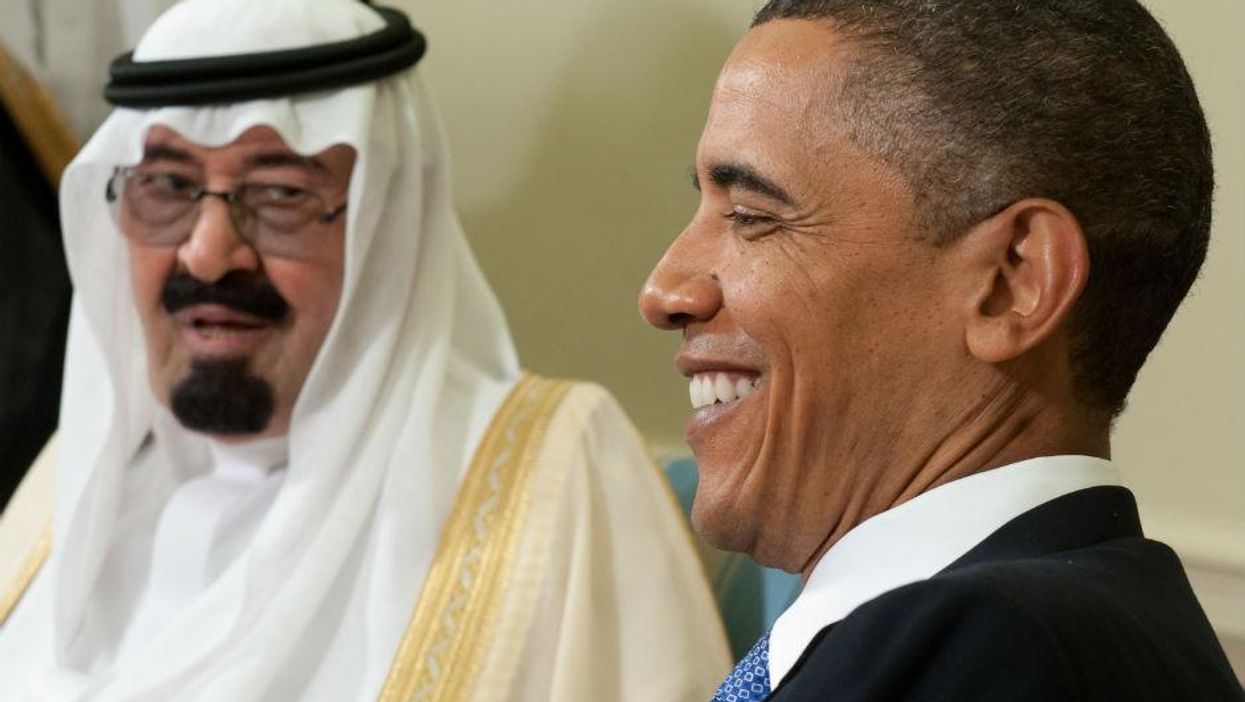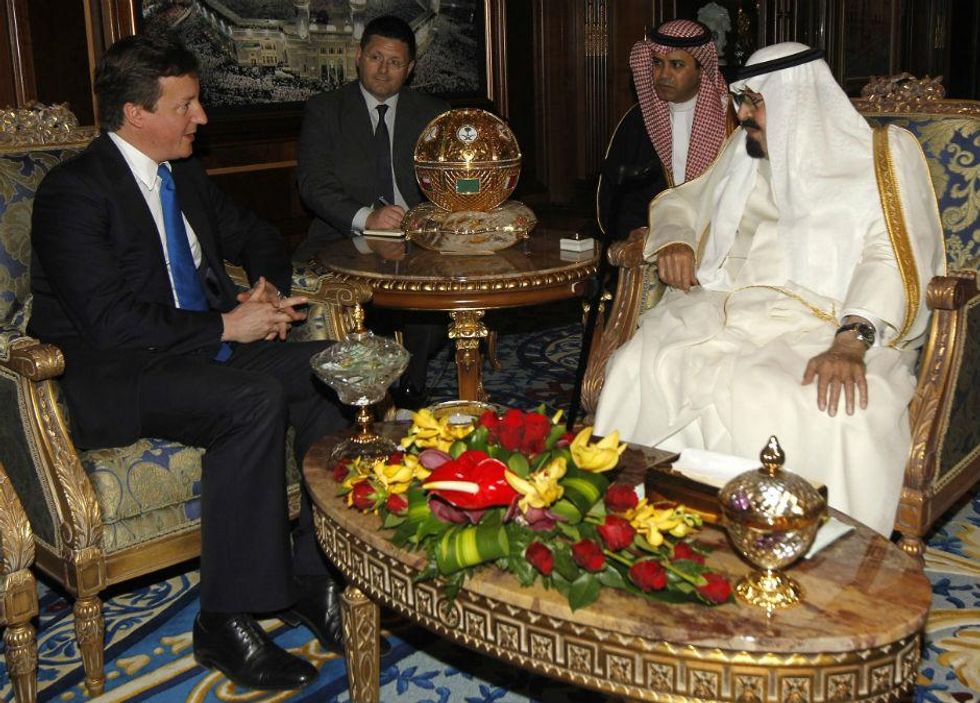News
Francesca Washtell
Sep 06, 2014

Barack Obama with King Abdullah of Saudi Arabia
This week Private Eye reported that in the 21 months between James Foley’s capture in November 2012 and his subsequent beheading by Isis militants on August 19 2014, Saudi Arabia beheaded 113 people.
It added that Saudi Arabia was “visited by President Obama this year to ‘underscore the importance of the bilateral relationship’ between their countries.”
So did Saudi Arabia actually behead 113 people in that timeframe?
Yes. According to Amnesty Internationalat least 79 people were executed in Saudi Arabia in 2013 and between 1 January and 18 August this year 34 more people were executed, making a total of 113. This does not include any estimates for executions at the end of 2012.
Most of these beheadings are carried out as public executions at the notorious 'Chop-Chop Square' in Riyadh for crimes such as blasphemy, drug smuggling, sedition and 'sorcery', although for certain crimes such as adultery, the authorities may order death by stoning.
There were reports of a surge in beheadings in Saudi Arabia in August, with 19 people executed in just the first half of the month.
Does Saudi Arabia actually behead more people than Isis?
We can’t accurately tell how many people Isis (also known as Islamic State) have killed and, more specifically, how many of Isis’ victims were killed by beheading.
As well as more traditional methods of combat, Isis has executed civilians by mass execution, reportedly burying victims alive, and even publicly crucifying some, all in addition to beheading.
The UN announced that over 190,000 people were killed in Syria between March 2011 and April 2014 and that at least 5,500 people were killed in Iraq in the first half of 2014, although these numbers have undoubtedly risen in the past two months as the violence has escalated. It is currently unknown how many of these deaths are directly attributable to Isis.
While, correctly, condemning the murders of James Foley and Steven Sotloff as 'despicable and barbaric', these statistics do raise the question why Britain and the US appear willing to turn a blind eye when one of their supposed allies uses the same method on a regular basis.
More: Everything you need to know about the Kurdish army taking on Isis
Top 100
The Conversation (0)














